https://repositorio.cetys.mx/handle/60000/1938| Título : | Happiness management and turnover intention: sectoral differences in stress mediation effects |
| Otros títulos : | Revista de Estudios Empresariales Segunda Epoca |
| Autor : | Martínez-Arvizu, Orlando Josué Salazar-Altamirano, Mario Alberto Galván Vela, Esthela Ravina-Ripoll, Rafael |
| Palabras clave : | Happiness management;Work-related stress;Turnover intention;JD-R theory;Multigroup analysis |
| Sede: | Campus Tijuana |
| Fecha de publicación : | jun-2025 |
| Citación : | ;núm. 2 |
| Resumen : | Talent retention and the reduction of work-related stress have become key challenges in contemporary organisational management. This study explores the impact of Happiness Management on turnover intention, considering work-related stress as a mediating variable, and assessing differences between public and private sector employees. Based on the Job Demands-Resources (JD-R) theory, a quantitative, non-experimental, and cross-sectional design was adopted. Data were collected via a structured online questionnaire from 414 employees in Mexico. The data were analysed using Covariance-Based Structural Equation Modelling (CB-SEM) and Multigroup Analysis (MGA) to compare sectoral differences. The results show that Happiness Management significantly reduces turnover intention both directly and indirectly by lowering work-related stress. These effects are more pronounced in the private sector, where job instability makes employees more sensitive to workplace well-being. In contrast, in the public sector, stress exerts a stronger influence on turnover intention, indicating that bureaucratic constraints and a lack of incentives may diminish the impact of happiness initiatives. The findings highlight the importance of tailoring organisational strategies to the institutional context. Specifically, they suggest that private organisations may benefit more from implementing well-being initiatives, while public institutions should prioritise stress-reduction measures. This study provides empirical support for the integration of Happiness Management into strategic human resource practices and offers sector-specific insights to enhance talent retention and workplace well-being. |
| metadata.dc.description.url: | https://revistaselectronicas.ujaen.es/index.php/REE/article/view/9542/9742 |
| URI : | https://repositorio.cetys.mx/handle/60000/1938 |
| Aparece en las colecciones: | Artículos de Revistas |
| Fichero | Descripción | Tamaño | Formato | |
|---|---|---|---|---|
| ReE-v2025-n2-5-9542.pdf | 615.87 kB | Adobe PDF |  Visualizar/Abrir |
Este ítem está protegido por copyright original |
Este ítem está sujeto a una licencia Creative Commons Licencia Creative Commons


